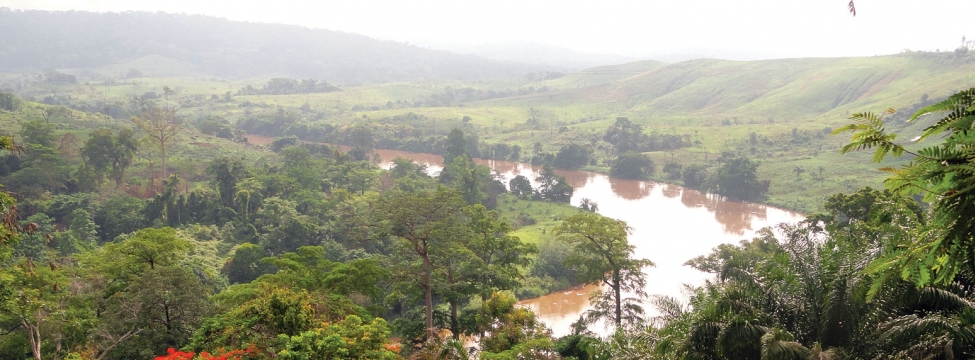The scope of environmental and social (E&S) input to multi-disciplinary due diligence studies has changed radically in the last decade. In the past, the scope was often undefined but now the terms of reference for E&S input can run to several pages. This trend can be partly attributed to the increasing complexity of environmental law (international and national), the advancement of standards by development financiers (including the Equator Principles and IFC Performance Standards), and the proliferation of corporate social responsibility initiatives. It can also be attributed to the modern reality that E&S matters can materially affect the value of assets.
A growing number of projects are delayed or cannot progress beyond the feasibility stage because of E&S matters. In some cases, this can be attributed to impacts of high significance that cannot be prevented or adequately mitigated. More often, however, this is because E&S matters have been handled inappropriately. Investors know this and seek to ensure adequate specialist investigations have been undertaken to define baseline conditions and impacts, that local communities and other stakeholders are effectively engaged, and the requirements of regulatory authorities are satisfied.
Cases where operating mines or mineral processing plants are forced by regulatory authorities to shut down for a few days or even several months are also on the rise. Persistent failures to comply with discharge criteria or significant pollution incidents are usually the causes. The shutdowns have material impacts on the productivity and financial performance of the operations. Substantial capital expenditure may be required for obtaining the technology needed to bring the operations back into compliance.
It is essential to understand historical environmental liabilities, especially when they could potentially cost hundreds of millions of dollars. Such liabilities and a lack of confidence in permitting or community relationships could influence or even stop a deal, in the case of mergers and acquisitions.
SRK’s extensive experience in undertaking due diligence for a variety of commodities worldwide shows the following aspects require particular investigation during an E&S due diligence:
• Compliance with regulatory requirements.
• Effective, on-going stakeholder engagement.
• Appropriate impact assessment leading to implementable management plans.
• Historical liabilities (if relevant).
• Costs of managing key E&S issues and of closure.
• E&S management systems, especially corporate will and sufficient human and financial resources to ensure E&S issues are effectively addressed during the life of the project.

